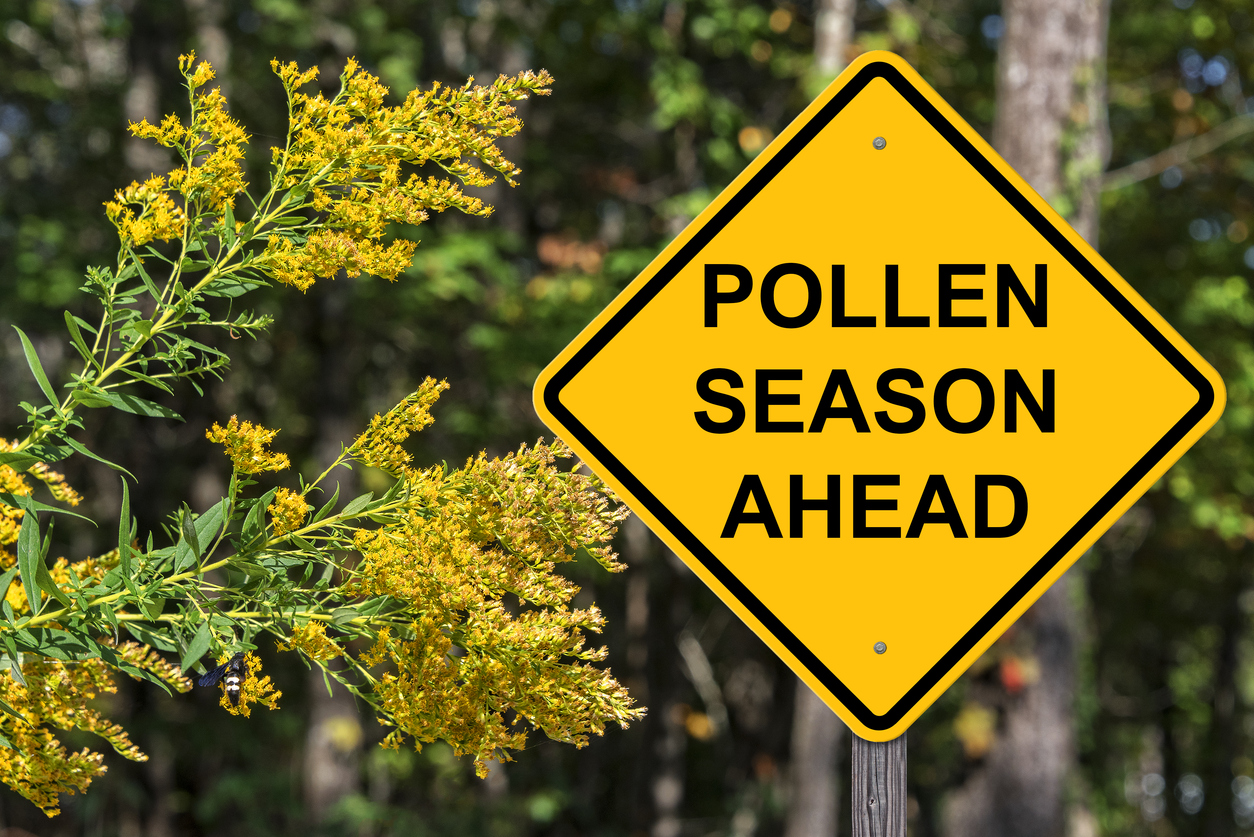5 Steps You Can Take to Prepare for Seasonal Allergies
Allergies can affect people year-round, contributing to a series of negative symptoms and traits. You might be affected by the pollens that fly through the air during the spring. Or perhaps you are allergic to grass and deal with itching and irritation during the summertime. No matter what time of the year you deal with seasonal symptoms, you should invest in professional allergy services and take steps to prepare for seasonal allergies.
If you feel allergy symptoms are starting to creep up on you, read on to learn steps you can take to prepare for seasonal allergies.
5 Steps You Can Take to Prepare for Seasonal Allergies
1. Learn Your Allergy Triggers
Different allergies stem from different triggers and allergens. It is important to recognize what exactly sparks your allergic reactions. For example, if you are allergic to flower pollens, stay indoors on particularly windy days. If you have multiple allergic reactions and cannot quite pinpoint the source, we encourage you to visit us for a comprehensive allergy test.
2. Learn When Allergy Season Starts
Season allergies can occur every few months. Those with severe reactions might feel like they are always coming down with different allergy symptoms. Knowing when to expect seasonal flare-ups can help you prepare for the difficult times ahead. More importantly, knowing what to expect can help you avoid these problems altogether.
Most people experience spring allergies, which can begin as early as February and last through the summer. Late summer and fall allergies exist as well, as the changing leaves and intense weather patterns take a toll on our bodies. Avoiding pollens, mold, dander, and other possible allergens during these peak times will keep your symptoms at bay.
3. Equip Your Home with the Essentials
During particularly bad bouts of weather, you may want to stay indoors and avoid an allergic reaction—let alone a cold. If you are already struggling with an outbreak of allergies, these at-home essentials can help:
- Combine your air conditioner and dehumidifier to create a cool and dry environment, free of moisture in the air.
- Use designated filters and HEPA items to keep even the most microscopic of allergens out of the air in your home.
- Try to sweep and vacuum often to keep the area clean.
If your allergies are very serious, you might also be prescribed medication like an inhaler or an EpiPen for use in an emergency.
4. List and Track Your Symptoms
If you are ready to get medical help for your seasonal allergy problems, you have come to the right place. When you reach out to our West Texas Health experts, we will ask you to describe the exact symptoms you are experiencing. Depending on the type of seasonal allergies you get, as well as how intense your symptoms are, there might be a specific type of treatment that works for you.
Many allergy symptoms are similar to those of a common cold. Fever, sore throat, runny nose, congestion, coughing, watery eyes, itchiness, rash, and fatigue can all be signs that you are having an allergic reaction.
5. Get Started with an Appropriate Treatment Plan
The longer you go without seeking appropriate care for seasonal allergies, the worse your symptoms can get. Instead of waiting for your health to deteriorate, you can get essential medical care in Abilene by reaching out to our friendly experts today. We can help you narrow down your allergy symptoms to pinpoint the exact trigger. With a combination of education and prescribed medication, you can set yourself up for an allergy-free future. Get started with us today to learn more!

Leave a Reply